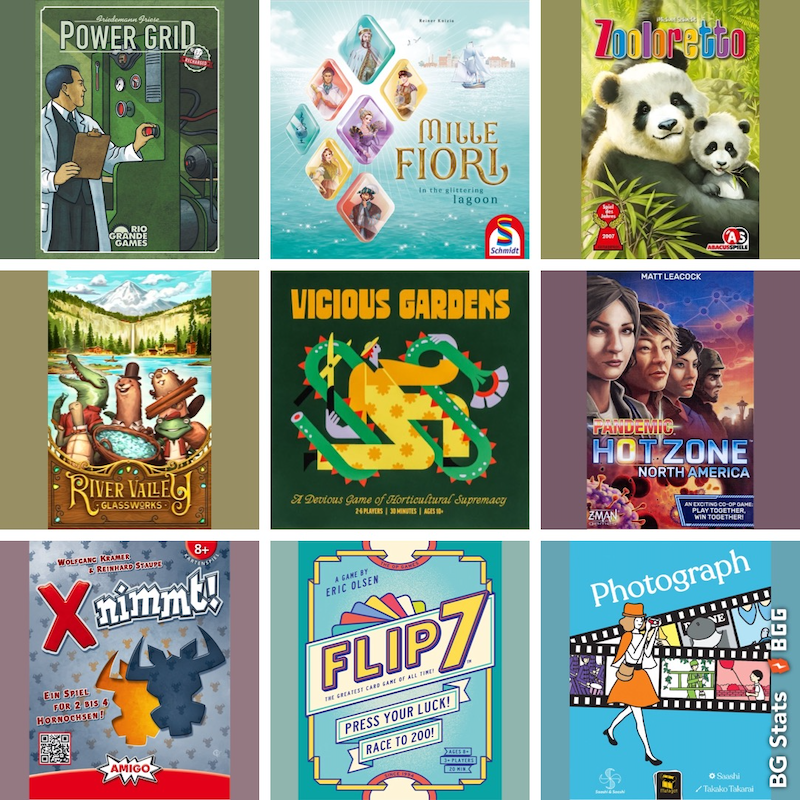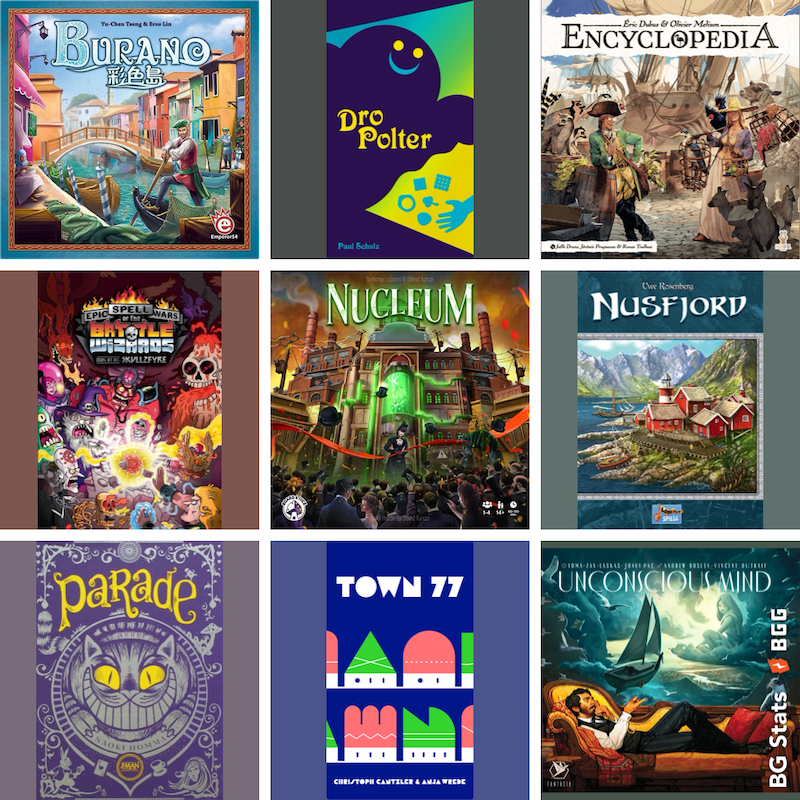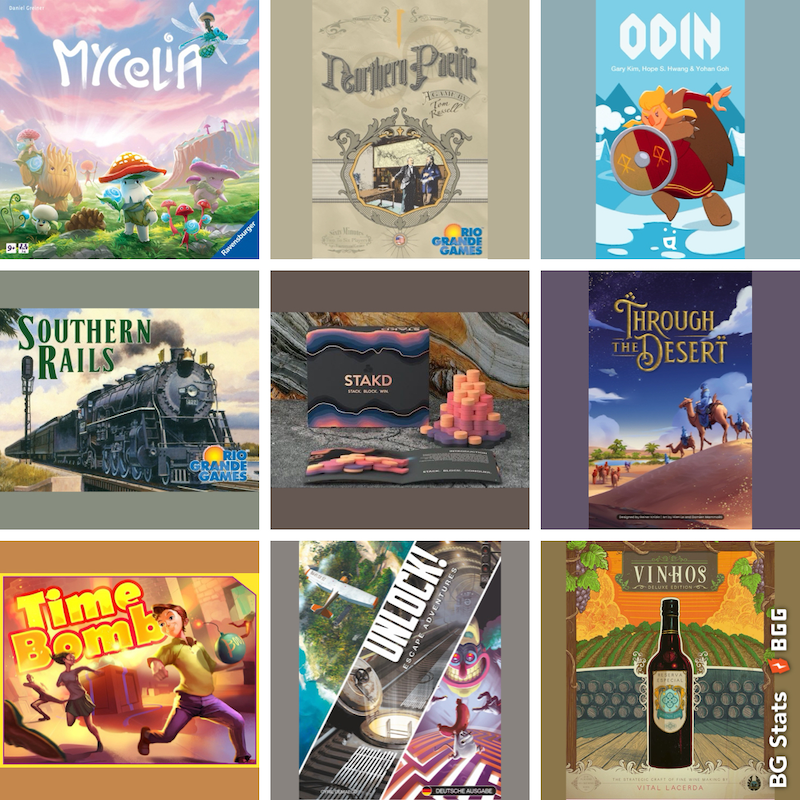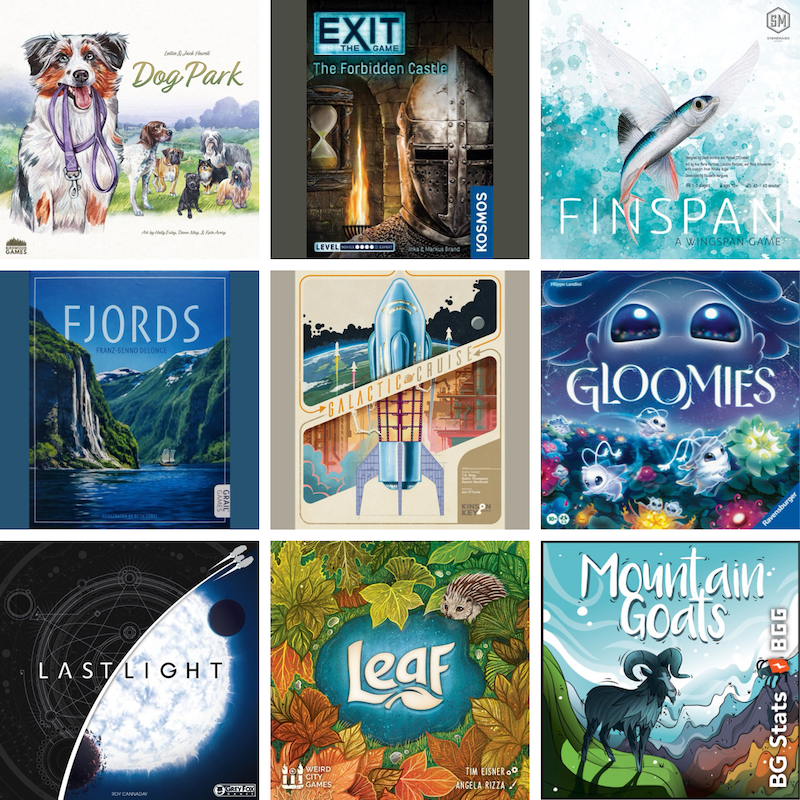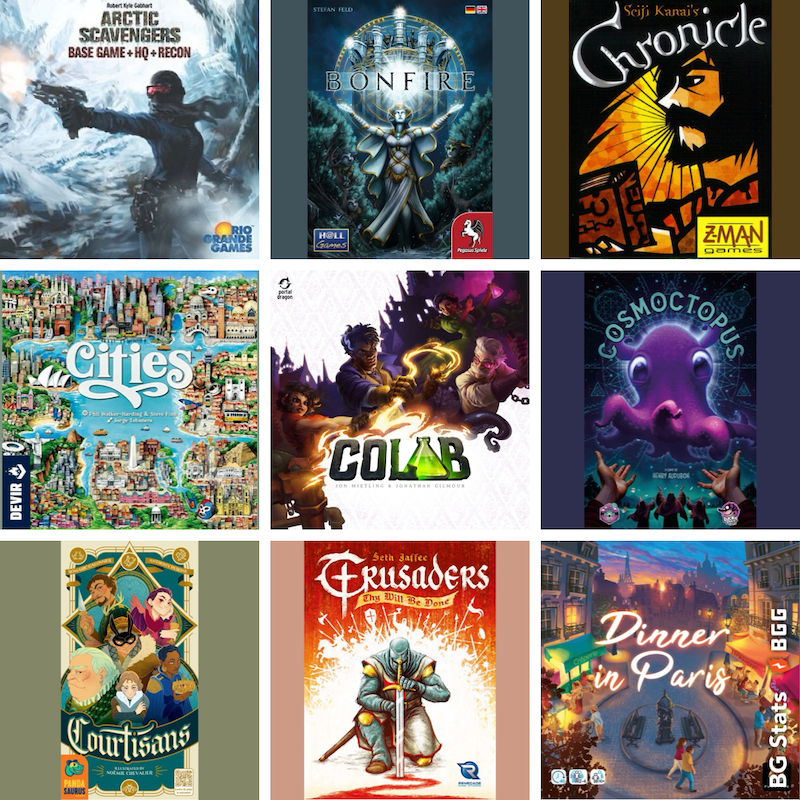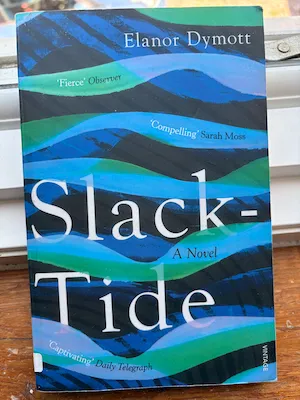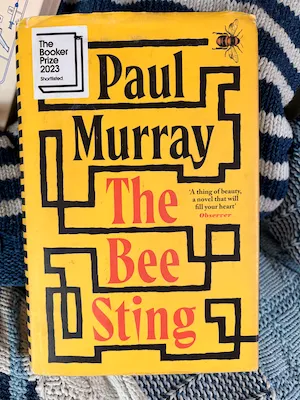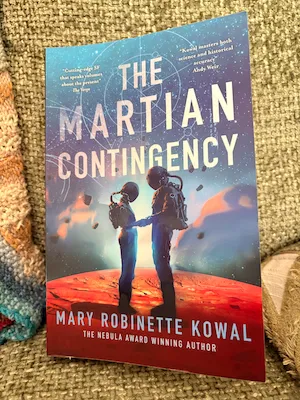Tiny Experiments
by Anne-Laure Le Cunff
Saturday, May 10, 2025
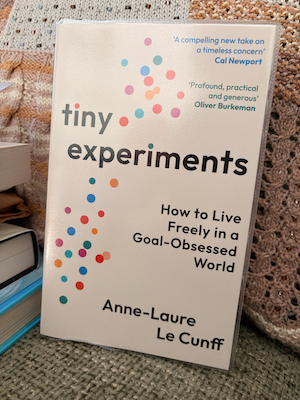
I think the title of this book is both a really good idea and a little misleading. It’s a great idea because trying things out in small ways and figuring out whether they work is a so much better plan than making huge goals and having no idea how to reach them; and it’s a concept that I’m right on board with. I only felt it was misleading because there’s so much more to the book than that and it didn’t even really feel like the author was trying to tie things back to that concept a lot of the time. It’s not like it’s a bad title, I’d guess it maybe got switched by the marketing department. Anyway, that’s enough of me musing pointlessly because this is a really interesting book full of a lot of good ideas and maybe I wouldn’t have picked it up with a different title.
I wish I’d been able to read this book decades ago. There were so many things in here that I’ve spent a long time slowly figuring out for myself and I did a lot of nodding along. “Procrastination is not the enemy” uh-huh, I eventually figured that one out. “How to dance with disruption” yep, that’s definitely the way to do it though I still struggle with it all the same. “Learning in public” I try to though I definitely get easily put off by certain members of the audience. “How to unlock social flow” was the chapter I least understood what was happening and I’m going to go back and reread it since there was a lot of other good stuff in the book.
The book was definitely a worthwhile read and there are a couple of concepts I especially want to take away from it. One is that it’s ok to “forget about the finish line”. As someone who feels like a serial not-finisher of projects I need to hear that occasionally! I know I get a lot out of things anyway and changing direction is often for the best but it’s nice to be told that finishing isn’t necessarily the aim. The other is about the quality of time. Le Cunff talks about the difference between Chronos, the quantitative nature of time, and Kairos, the qualitative nature of time, and how embracing Kairos and emphasising how well we do things is superior to thinking about how speedily we do things, or how many things we cram in. And I think she has a good point. In a book of many good points.
